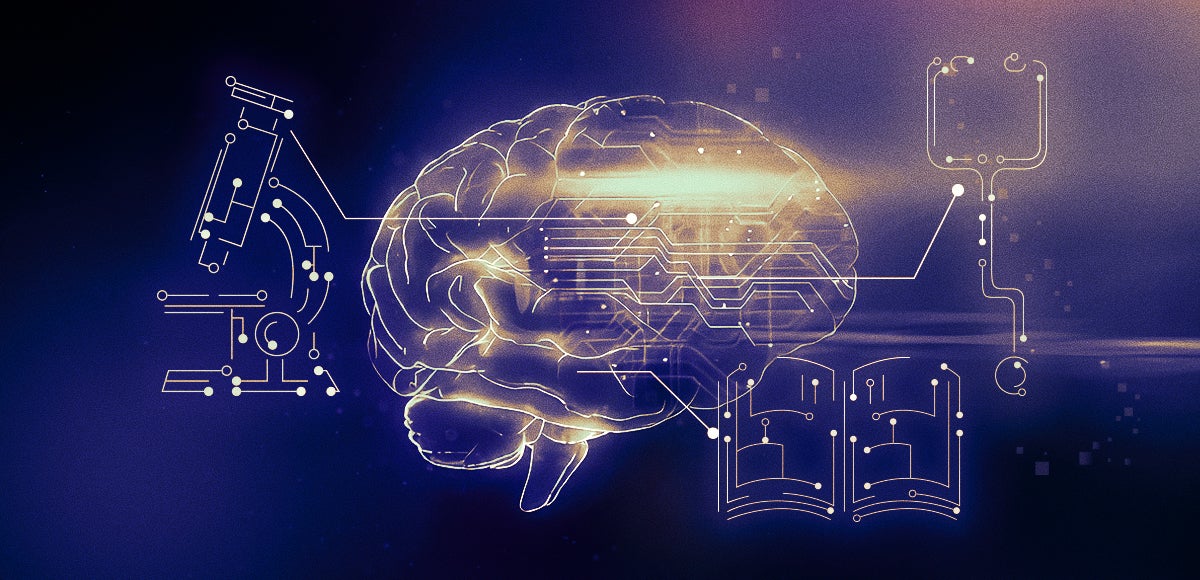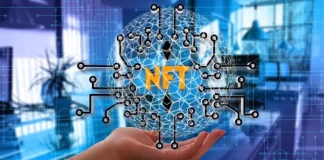
Regulating AI: Ensuring Ethical and Responsible Innovation
Artificial Intelligence (AI) has become a transformative force in various industries, ranging from healthcare and finance to transportation and entertainment. As AI continues to advance rapidly, concerns about its ethical implications and potential risks have grown. In this article, we explore the importance of regulating AI and the insights of two experts in the field.
Dr. Sophia Roberts, an AI ethics researcher, emphasizes the need for regulating AI to ensure the responsible and ethical use of this powerful technology. She highlights that without proper regulations, AI systems can perpetuate biases, invade privacy, and have unintended consequences.
Dr. Roberts explains that AI algorithms are trained using vast amounts of data, and if this data contains biases or discriminatory patterns, the AI system can inadvertently amplify and perpetuate them. To prevent such scenarios, regulations should be in place to mandate fairness and transparency in AI systems. This includes promoting diversity and inclusivity in dataset creation, ensuring algorithmic transparency, and mitigating biases throughout the AI lifecycle.
Furthermore, Dr. Roberts stresses the importance of privacy protection in AI applications. As AI systems often process large amounts of personal data, regulations should govern how data is collected, stored, and used. This would help safeguard individuals’ privacy rights and prevent misuse or unauthorized access to sensitive information.
Dr. John Anderson, an AI policy consultant, sheds light on the broader societal and economic implications of regulating AI. He argues that regulation is necessary to strike a balance between innovation and safeguarding public interests.
According to Dr. Anderson, regulating AI can foster trust and public acceptance of this technology. Clear guidelines and standards help ensure that AI systems are developed and deployed responsibly, addressing concerns about safety, security, and potential job displacement. By instilling public confidence, regulations can facilitate the integration of AI into various sectors and promote economic growth.
Dr. Anderson also points out the need for accountability in AI systems. Regulations should outline the responsibilities of AI developers, service providers, and users to ensure transparency and accountability for AI-related decisions and actions. This would help prevent potential harm or misuse of AI technology and hold accountable those responsible for any adverse outcomes.
Regulating AI is vital for several reasons. Firstly, it helps protect against biases and discrimination by ensuring that AI systems are fair, transparent, and accountable. This promotes equal treatment and helps prevent the amplification of societal biases.
Secondly, regulation can safeguard privacy rights in an increasingly data-driven world. Proper guidelines can prevent the misuse or unauthorized access to personal information, providing individuals with control over their data and maintaining their trust in AI applications.
Moreover, regulating AI promotes safety and mitigates potential risks. AI systems that impact critical areas such as healthcare, transportation, and finance must adhere to established guidelines to minimize the chances of errors, accidents, or unintended consequences. This ensures the well-being of individuals and society as a whole.
Furthermore, regulation fosters responsible innovation and creates a level playing field. Startups and established companies alike can operate within clear boundaries, stimulating competition and encouraging the development of AI solutions that align with societal values and needs.
The regulation of AI is crucial to ensure ethical and responsible innovation in this rapidly evolving field. Insights from experts Dr. Sophia Roberts and Dr. John Anderson underscore the importance of regulations that address biases, protect privacy, foster trust, and promote accountability.
Regulating AI systems enables the identification and mitigation of biases, ensuring fairness and inclusivity. Privacy protections guard against misuse and unauthorized access to personal data, safeguarding individuals’ rights.


